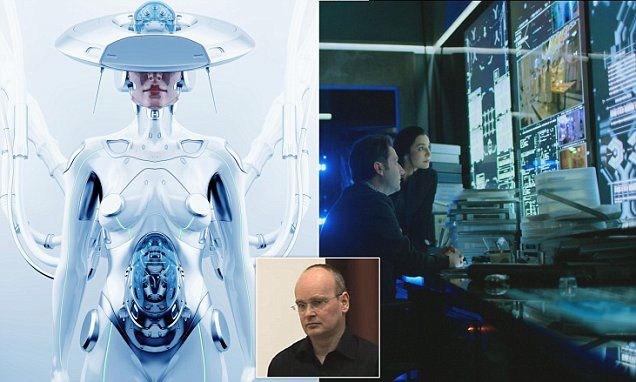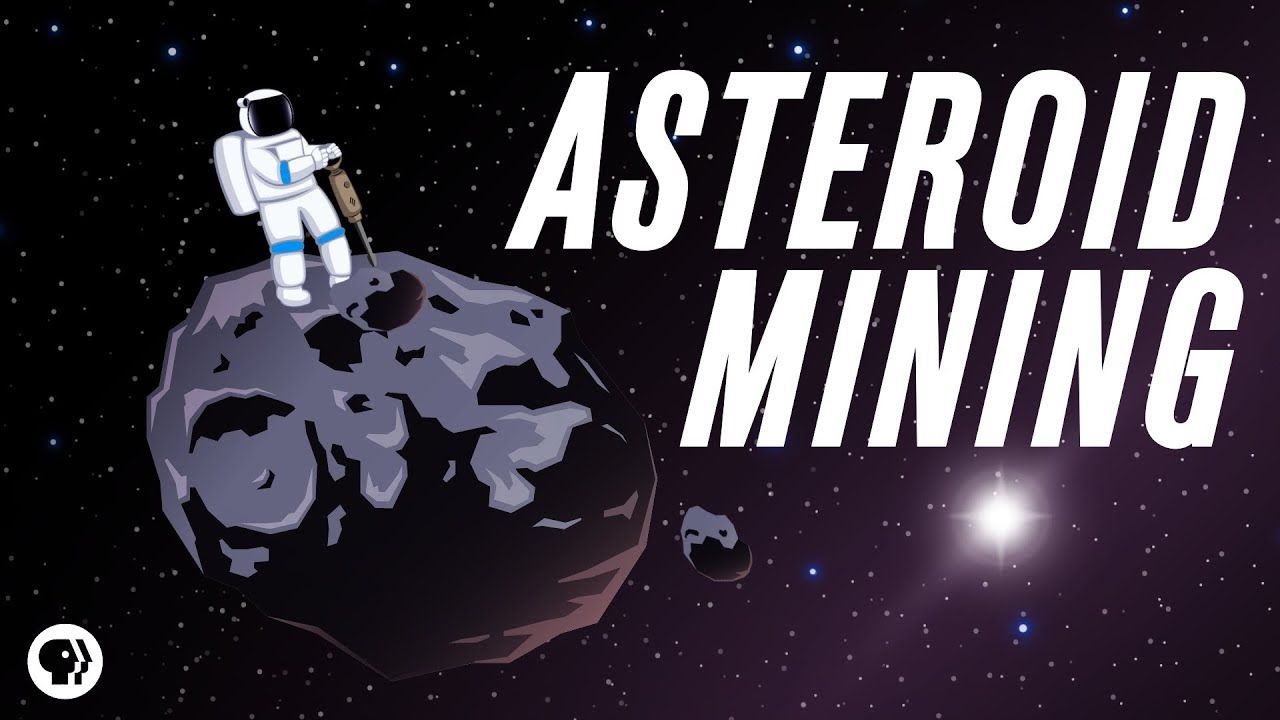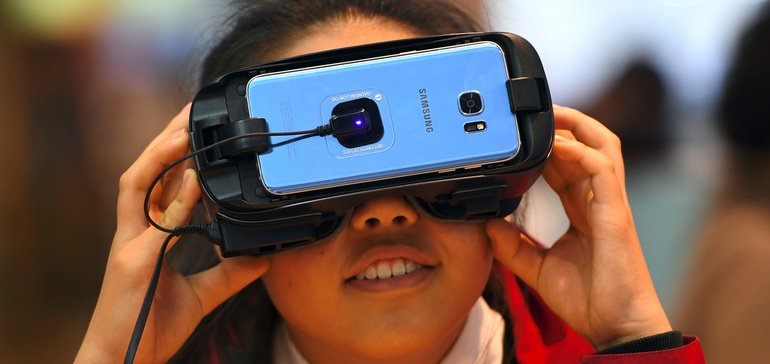In Trump’s Pentagon-controlled presidency a dystopian vision of a military dominated by DARPA robots is quickly becoming a reality.
AUSTIN, Texas — Mining asteroids for water and other resources could someday become a trillion-dollar business, but not without astronomers to point the way.
At least that’s the view of Martin Elvis, a researcher at the Harvard-Smithsonian Center for Astrophysics, who’s been taking a close look at the science behind asteroid mining.
If the industry ever takes off the way ventures such as Redmond, Wash.-based Planetary Resources and California-based Deep Space Industries hope, “that opens up new employment opportunities for astronomers,” Elvis said today in Austin at the annual meeting of the American Association for the Advancement of Science.
AI and blockchain, the main innovations in #Longevity, are united in DAYS.exchange platform.
DAYS tokens are to be sort of guarrantee for longevity services effectiveness.
DAYS.exchange partner supported Longevity Impact Forum.
The first step to rhe most effective healthcare, based on blockchain consensus regarding health span technologies.
Sanming, a city of about 2.5m people in eastern China’s Fujian province, has shown one way out of the conundrum — switching from premium drugs made by multinationals to cheaper local generics and cracking down on doctors taking kickbacks from distributors.
Cheaper drugs cut burden on Sanming budget, but locals grumble over quality of care.
“Of the ten most valuable quoted companies in the world, seven say they have plans to put deep-learning-based AI at the heart of their operations.”
“The recent launch of the SpaceX rocket Falcon Heavy is a good illustration of the entry of efficient and innovative private players into an arena long considered the preserve of national governments. But this does not mean that national competition in outer space is disappearing. If anything, it is actually accelerating in Asia. China’s growing space prowess is leading to a space race with India and Japan, which are beginning to pool their resources to better match Beijing.”
“The last few years have seen a wide range of reports from governments, think tanks, consultancies and academics exploring how the future of work might look. Many of these have revolved around the impact technology, and especially AI, might have on how (and indeed whether) we work.
The latest effort, from Bain’s Macro Trends Group, takes a slightly broader view and examines not just the technological landscape but also demographic and economic forces.”
“Five Landmark students, including Hansen, spent a year developing the game-based learning experience that does away with specialized terms, symbols, and formulas of a typical statistics course and replaces it with a Pokemon-like first-person adventure that exercises statistical thinking.”
“These days, Chinese scientists stand at least as good a chance of making a global impact on science from within China itself.”









